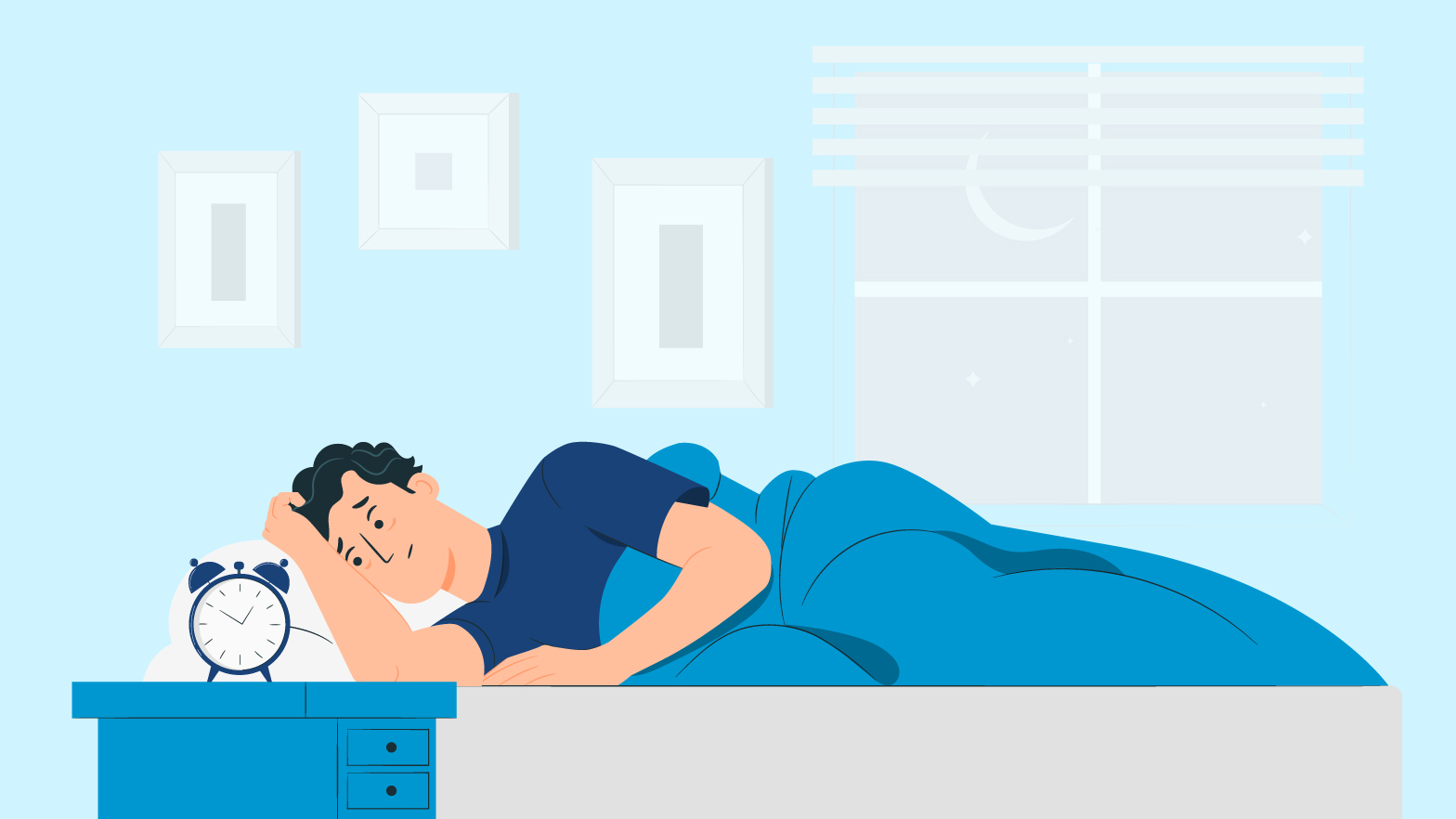
Sleep is a fundamental aspect of human health, influencing physical well-being, cognitive function, and emotional stability. However, many people struggle to determine the ideal sleep time for their needs. While some feel energised after just a few hours, others require extended rest to function optimally.
The question, of how much sleep is enough, has long been a subject of scientific debate, with experts offering different perspectives based on age, lifestyle, and health conditions.
Scientific studies indicate that sleep duration is not a one-size-fits-all formula. Various factors, including genetics, stress levels, and environmental conditions, play a role in determining the best sleep duration for each individual.
In this article, we will explore the recommended sleep durations, the effects of sleep deprivation, and ways to improve sleep quality. Whether you seek general guidance or professional assistance from a sleep clinic, understanding the science behind sleep is crucial for long-term health and well-being.
Scientific research provides clear guidelines on sleep requirements based on age groups. According to the National Sleep Foundation and Harvard Medical School, the recommended sleep durations are as follows:
These figures provide a framework for achieving optimal health, but individual variations exist. Some people may function well on the lower end of the range, while others require more rest to feel fully rejuvenated.
The body follows a natural circadian rhythm, which dictates sleep-wake cycles based on light exposure and daily routines. Scientific studies have found that sleeping too little or too much can have negative health effects. Research published by Harvard Medical School highlights that people who consistently sleep fewer than seven hours per night are at a higher risk of developing conditions such as heart disease, diabetes, and obesity.
A balanced sleep schedule ensures that the body experiences complete sleep cycles, including deep sleep and REM sleep. These stages are essential for memory consolidation, muscle recovery, and overall well-being. If you are uncertain about your best sleep hours, tracking your energy levels and mood throughout the day can help determine an optimal pattern.
Chronic sleep deprivation can lead to serious health concerns. According to a study published by TIME magazine, individuals who regularly fail to meet their sleep needs are more prone to:
If these issues persist, consulting a sleep specialist in Hyderabad can help diagnose potential underlying disorders and recommend personalised treatments.
Many individuals are unaware of the signs that they are sleep-deprived. Common indicators include:
If these symptoms sound familiar, it may be time to reassess your sleep routine and consider professional guidance from a sleep clinic.
Beyond just the number of hours slept, sleep quality plays a crucial role in health. Fragmented or restless sleep can lead to similar consequences as sleep deprivation, even if the total duration seems adequate. Key factors affecting sleep quality include:
If you struggle to achieve restful sleep, consider implementing the following strategies:
By making small adjustments, you can significantly improve your overall well-being and ensure you are getting the ideal sleep time required for a healthier lifestyle.
Understanding how much sleep is enough is crucial for maintaining good health. Scientific research supports the idea that optimal sleep duration varies based on age, lifestyle, and individual needs. While seven to nine hours is the recommended range for most adults, prioritising sleep quality is just as important as quantity.
If you experience persistent sleep issues, seeking professional assistance from a sleep specialist in Hyderabad may be beneficial. A well-balanced sleep schedule not only enhances cognitive function and emotional well-being but also reduces the risk of chronic illnesses. By making conscious efforts to improve sleep hygiene, you can enjoy a more productive and healthier life.
ALSO READ: How Is Sleep Affected When You Move the Clocks Forward?
The recommended sleep duration varies by age. Adults typically need 7 to 9 hours per night, while teenagers require 8 to 10 hours. Children and infants need even more sleep for proper growth and development.
No, sleep needs vary based on age, lifestyle, and individual health. Some people function well with 6 hours, while others need 9 hours to feel rested. Genetics and overall health also play a role.
Chronic sleep deprivation can lead to fatigue, impaired cognitive function, weakened immunity, and increased risk of heart disease, diabetes, and obesity. It also affects mood, concentration, and overall well-being.
Common signs include daytime drowsiness, difficulty concentrating, mood swings, memory issues, weakened immunity, and frequent headaches. If you wake up feeling exhausted despite sleeping for several hours, your sleep quality may be poor.
Good sleep improves cognitive function, emotional stability, and physical health. Poor sleep is linked to higher stress levels, weight gain, cardiovascular disease, and reduced immunity. Quality sleep also enhances productivity and overall well-being.
To enhance sleep quality: